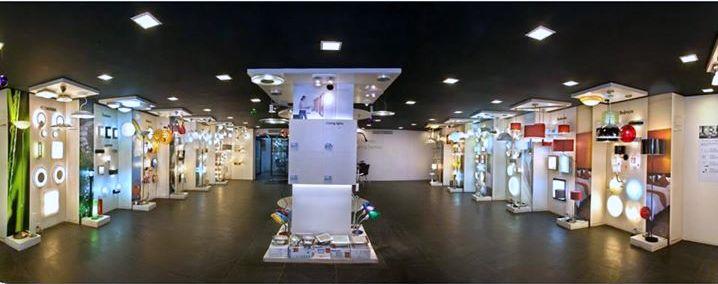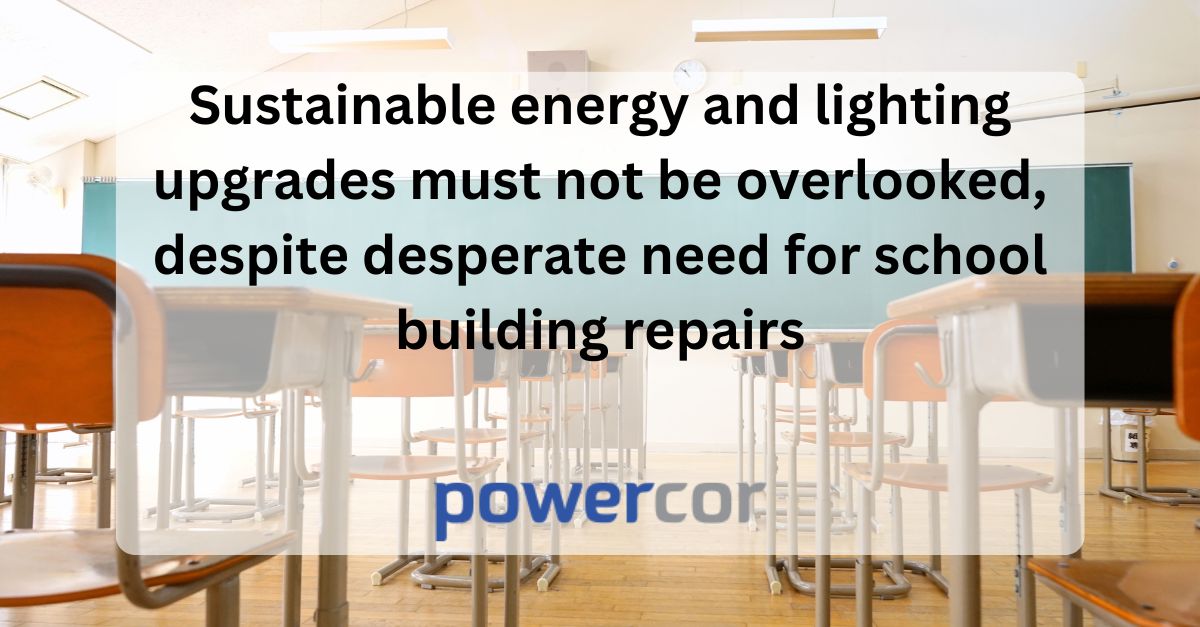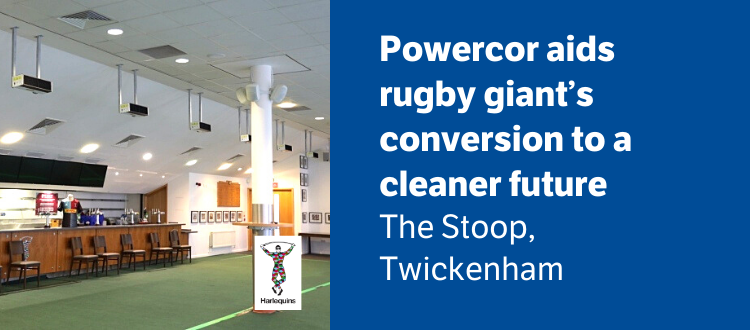Rising energy prices have added further impetus for schools and businesses looking to more sustainable and energy-saving systems. The global energy price hike, which has seen costs increase exponentially, shows little sign of abating. Here we discuss some key strategies for controlling energy costs.
For schools, educational institutions and business the impact is already being felt. We are already hearing of schools expecting between a 50-70 per cent increase in energy bills. One educational client currently pays £400,000 per year for the energy they consume and they are bracing themselves for that figure to rise to £800,000 for 2022. Schools and businesses have seen the unit price for electricity rise from 20p per KWH to 35p per KWH and estimates are that if the current conditions continue this has the potential to increase to 50p per KWH.
The pricing crisis has arrived at a time when organisations were already looking at how they could reduce energy consumption as they sought to create a strategy towards net zero in tune with UK’s target date of 2050. This has prompted renewed discussions between Powercor and clients both new and existing.
Some are already taking action. St Georges College in Weybridge has installed a heat pump system which uses the earth’s natural heat to power its heating systems. The move will reduce the college’s carbon footprint by 250 tonnes each year and will also save the equivalent of the energy required to power 30 homes.
We are advising an increasing number of educational institutions and businesses on energy efficient systems and there is a growing interest in harnessing the power of the sun and other methods and are actively involved with helping schools devise energy-saving strategies.
While the likes of heat pumps are at the very forefront of the new energy efficient systems, solar power is an established and proven way of reducing energy bills. The technology is robust and resilient and the results are verified and impressive. Both corporate and personal customers are already reaping the benefits of solar systems and in addition to the energy savings created solar systems can also generate additional income.
The current rule of thumb is that the costs of installation equates to £1,000 for every Kilowatt Hour you are looking to produce. For personal clients who are looking to transform their home energy provision to solar that would equate to a cost of between £4,000 to £10,000 to install a system.
When calculating the return on investment (ROI) some of the factors to consider are; battery storage, electricity usage pattern, income from selling back excess electricity and whether a home move is planned in the short term.
The typical pay back period was around 9 years but with the energy price cap removal in April the break even point will come more quickly.
For businesses, the ROI is consistent with the domestic model and the significant potential savings are making solar increasingly attractive to companies and schools as they see the costs of their current energy usage rise significantly.
In all the conversations we have carried out, the reduction in utility costs is becoming the pre-eminent concern for clients around the need to transform their energy system. Sustainability issues, whilst still important, are viewed as a medium term aim. The ability to better manage or reduce the costs of power and heating is seen as a short term priority and, as energy prices continue to rise, the pressure to deliver savings will only increase.
Powercor can design, supply and install photovoltaic systems for commercial and domestic clients. We are registered with the governing bodies, MCS (Micro-generation Certification Scheme) and the Carbon Trust.







